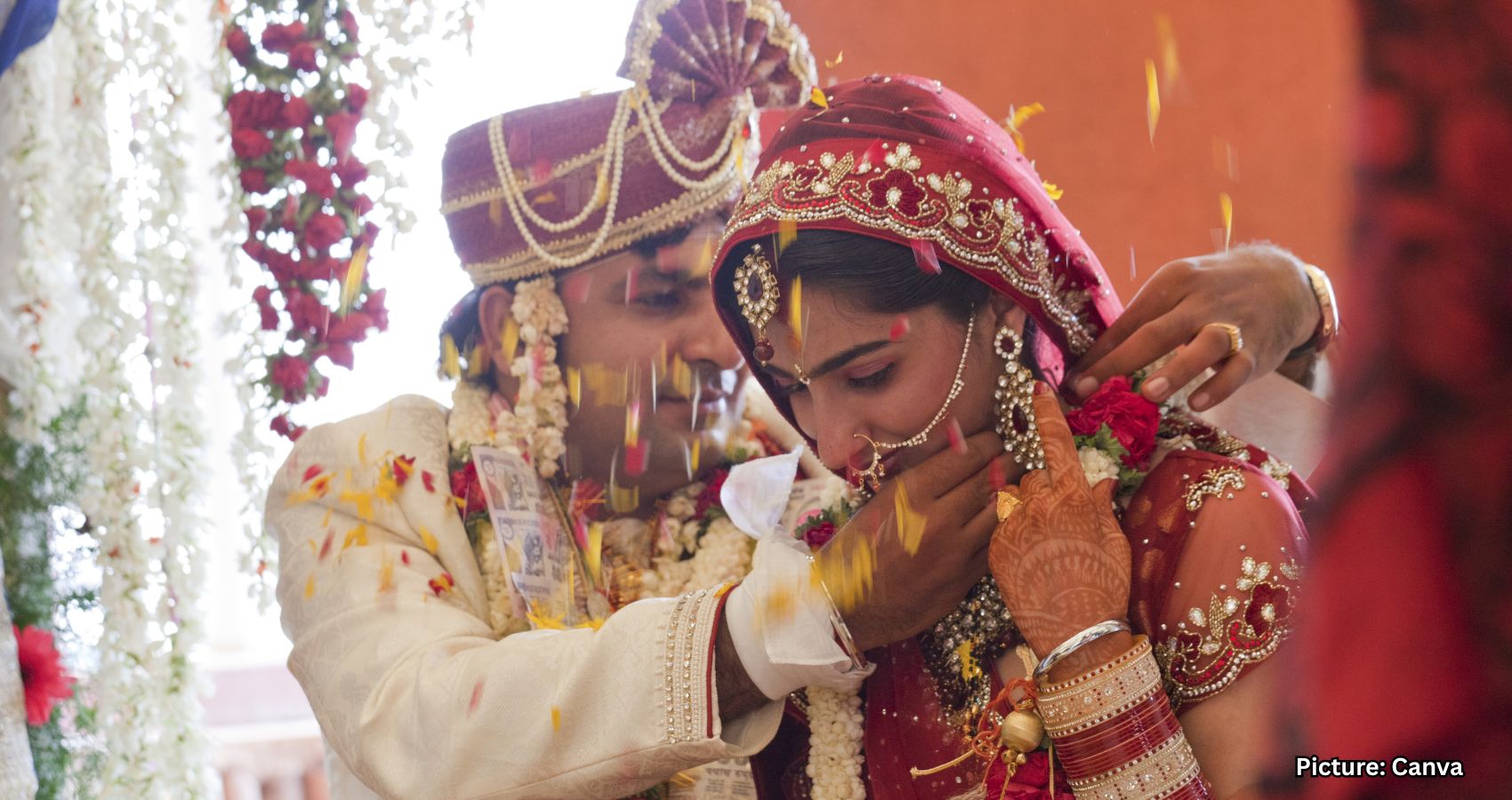Many individuals grapple with the belief that romance has an expiration date, but love can flourish at any stage of life, as explored in Monica Saigal’s novel, A Kiss in Kashmir.
“Is it too late for me?” This question often echoes in the hearts of many, especially those who have experienced divorce or widowhood. As a matchmaker and relationship coach working with Indian men and women aged 20 to over 70, I frequently encounter this quiet yet persistent worry. However, my experience has shown me that love is indeed attainable at any stage of life.
This belief inspired me to connect with author Monica Saigal about her novel, A Kiss in Kashmir. Her book has ignited conversations across generations about love later in life, the myths we grow up with, the influence of family on our choices, and the courage required to embrace joy once again.
In our discussion, I asked Saigal what motivated her to write A Kiss in Kashmir.
“I grew up on Bollywood, and I still love it,” she shared. “But it instilled in me the belief that there’s only one soulmate. If you lose that person, your story is over. After my own divorce following 23 years of marriage, I was nearly fifty and heard that same message: ‘It’s over for you now. Dedicate yourself to God. Focus only on your children.’ This notion felt wrong to me. I wanted to craft a story that breaks that myth—that love can arrive at any age, and we have the right to define what that looks like for ourselves.”
When I asked her why a romance between older adults was significant, she responded, “Because it’s real. Life doesn’t stop at forty or fifty. Yet literature and pop culture often suggest that it does. During my grief, I sought stories that demonstrated there’s always room for second chances—that being widowed or divorced doesn’t mean love is off the table. I wanted to provide readers with a reflection of hope, showing that beauty, passion, and companionship can begin anew.”
Saigal noted that readers have indeed connected with the theme of second chances. “At book clubs, many older readers expressed how much they needed to hear this message. Some admitted they were in love again but felt guilty about it. Others feared their adult children wouldn’t support them. The biggest surprise? In many cases, the children actually wanted their parents to be happy. They encouraged, ‘Go for it.’ This has been both moving and healing for me as a mother of two grown boys who urged me to start dating again.”
When I inquired about the message she hopes readers take away from A Kiss in Kashmir, Saigal emphasized, “That love is not a one-time lottery ticket. It doesn’t expire. The real lesson is that it should be our choice—whether we want to be single, married, partnered, or not. No one else gets to write the ending of our story. Life will throw us curveballs—mine certainly did—but we get to decide how to catch them.”
Reflecting on her own journey, Saigal shared, “I never imagined I’d be divorced. I never thought I’d be starting over. But here I am. Instead of letting that break me, I turned grief into love—not just romantic love, but love for life itself. That’s the heart of A Kiss in Kashmir: resilience, hope, and the spark that propels us forward.”
For those who may feel guilty about wanting romance after a long marriage or widowhood, Saigal advises, “You don’t have to apologize for wanting love. I’ve met many people who confided in me that they were dating again or secretly in love but carried guilt as if finding happiness a second time was shameful. That’s simply not true. Love is not a betrayal of the past; it’s a celebration of being alive. You can honor your history and still open yourself to new chapters.”
When asked what advice she would give to someone who believes they are “too old” for love, Saigal asserted, “Love has no expiration date. It doesn’t end at forty or fifty, or after a divorce, or after widowhood. If you desire romance, companionship, or simply the joy of possibility, you have every right to pursue it. Don’t let society’s timeline dictate your heart’s timeline. It’s never too late to feel alive again.”
Monica Saigal’s insights serve as a powerful reminder that love is not constrained by age, history, or circumstance. Whether we are in our thirties or seventies, divorced, widowed, or never married, the desire for connection is a fundamental aspect of being human—and the potential for it never fades. What I admire about A Kiss in Kashmir is how it normalizes the hopes many harbor quietly: that new beginnings can be just as profound as first ones.
As someone who helps individuals navigate these journeys daily, I can confidently say—your story isn’t finished until you decide it is.
Source: Original article

